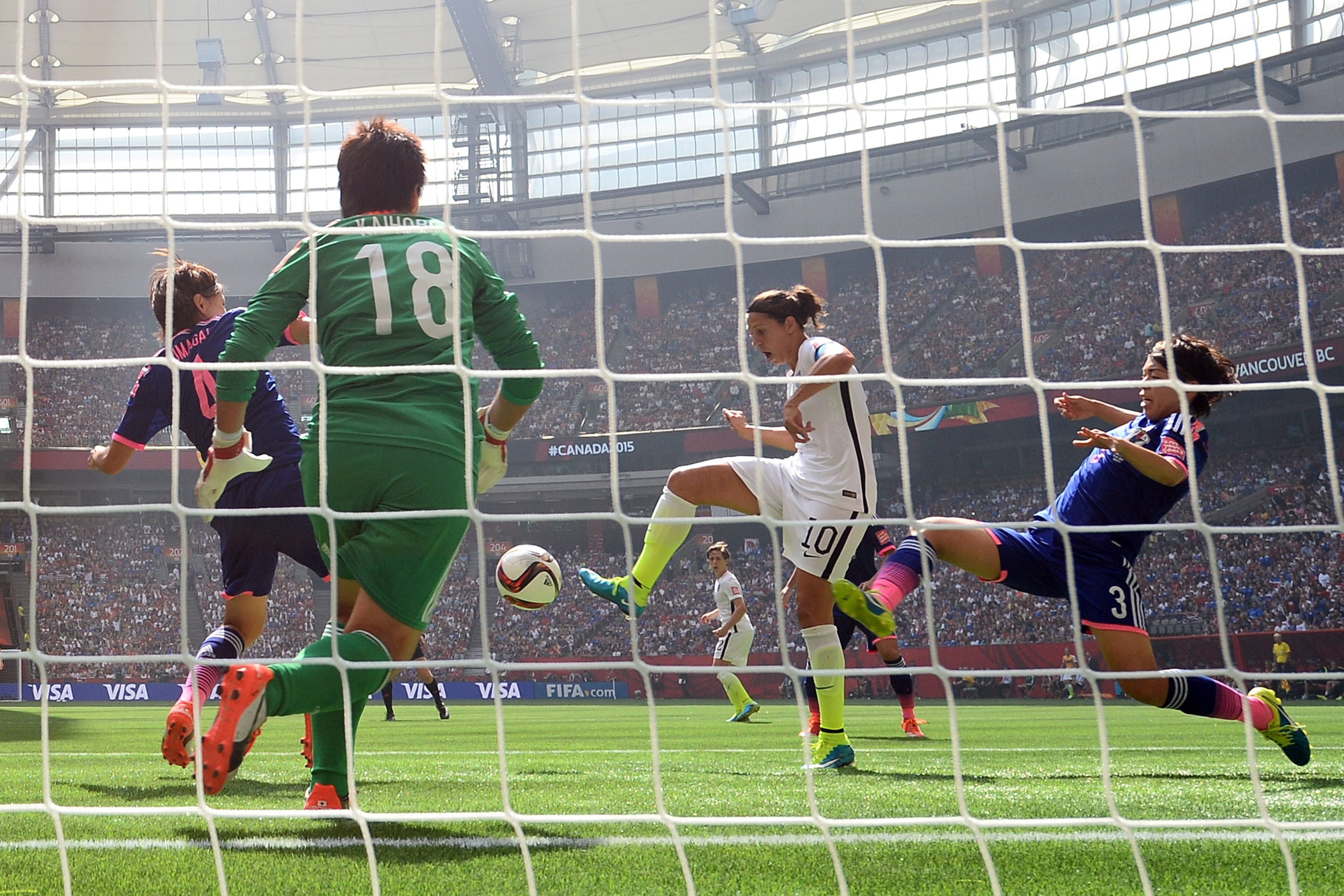No one won the $1 billion offered by Warren Buffett and mortgage company Quicken Loans during this year’s March Madness, but that’s not going to stop hopeful American workers from throwing a few bucks into their World Cup office pool.
The tournament is underway and the fate of your bracket is likely sealed, but what are the odds that you actually chose that elusive perfect pick?
It turns out that choosing brackets for the World Cup is a lot more complicated than most other matches.
Josh Levin, the executive editor of Slate and host of their sports podcast Hang Up And Listen, says building a perfect bracket for the World Cup is more challenging than the NCAA for one big reason.
“The bracket transmogrifies based on who wins in the group stage,” he says. “In the NCAA bracket, you know that if Duke wins in the first round, then they’re going to play a certain team in the second round. In the World Cup, if Brazil wins first in its group then it’s on the left side of the bracket. If they finish second in the group they’ll be on the right side of the bracket.”
Yes, he just used the word transmogrifies in a sentence. “So you kind of need to predict how teams are going to do in space and in time,” Levin says.
The hands down favorite to win the competition, with backing from FiveThirtyEight’s Nate Silver, is the home team of Brazil. Silver’s Soccer Power Index developed for ESPN puts Brazil at a 45 percent chance of winning.
“There is an algorithm based on past performance, he looks at how teams have done in the World Cup on home soil,” says Levin.
“It considers the fact that Brazil has not lost a competitive game at home since 1975, which is something you’d probably want to factor in. And also Brazil just has a really, really strong team.”
So if you, Josh Levin, and the rest of your office pick the Brazilians to sweep the World Cup then your decisions in the earlier rounds are really going to matter.
“It could come down to the person who picked Columbia to get out of Group C as opposed to Ivory Coast or the prescient prognosticator who had Uruguay making it to the semifinals,” says Levin.
“So you’ve got to pay close attention to those early round picks.”
There’s a lot happening in the world. Through it all, Marketplace is here for you.
You rely on Marketplace to break down the world’s events and tell you how it affects you in a fact-based, approachable way. We rely on your financial support to keep making that possible.
Your donation today powers the independent journalism that you rely on. For just $5/month, you can help sustain Marketplace so we can keep reporting on the things that matter to you.


















